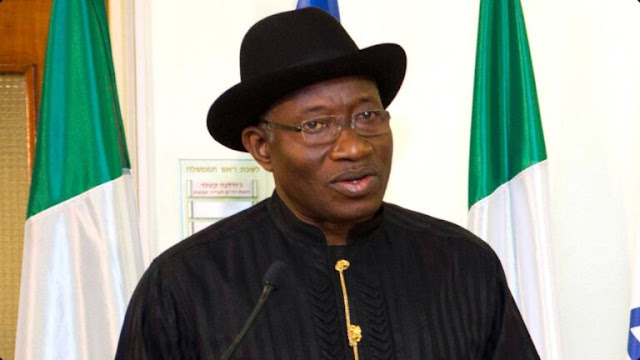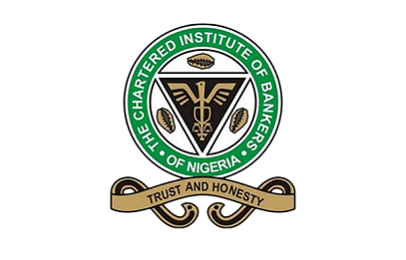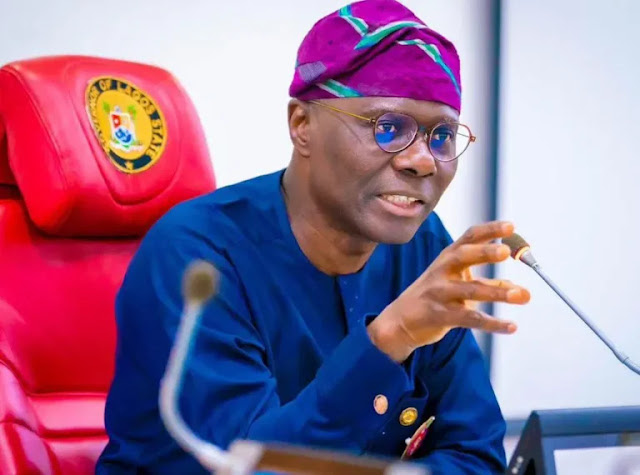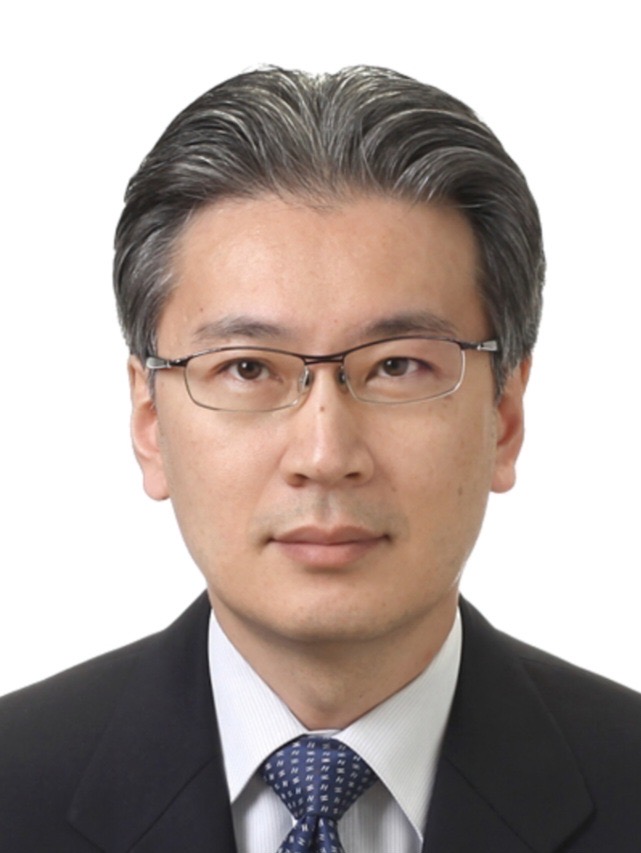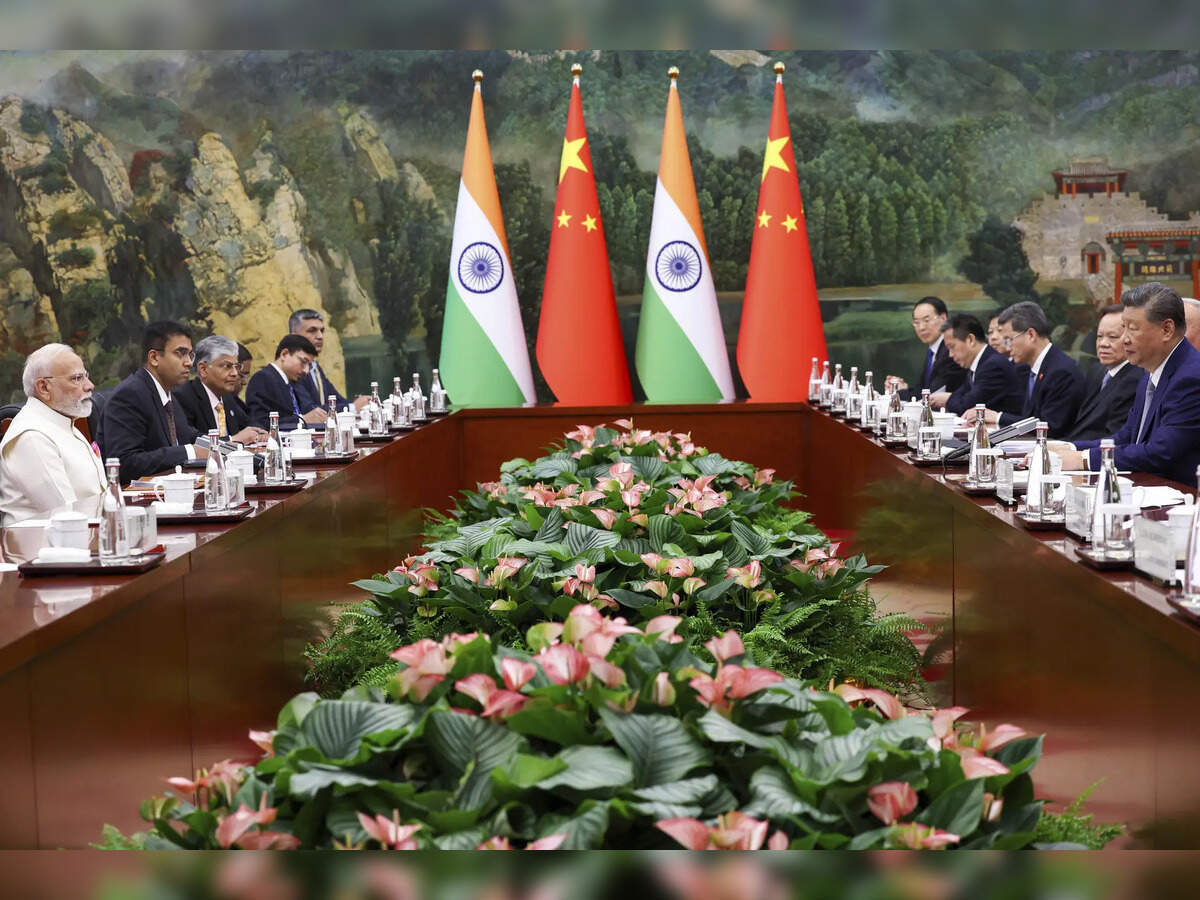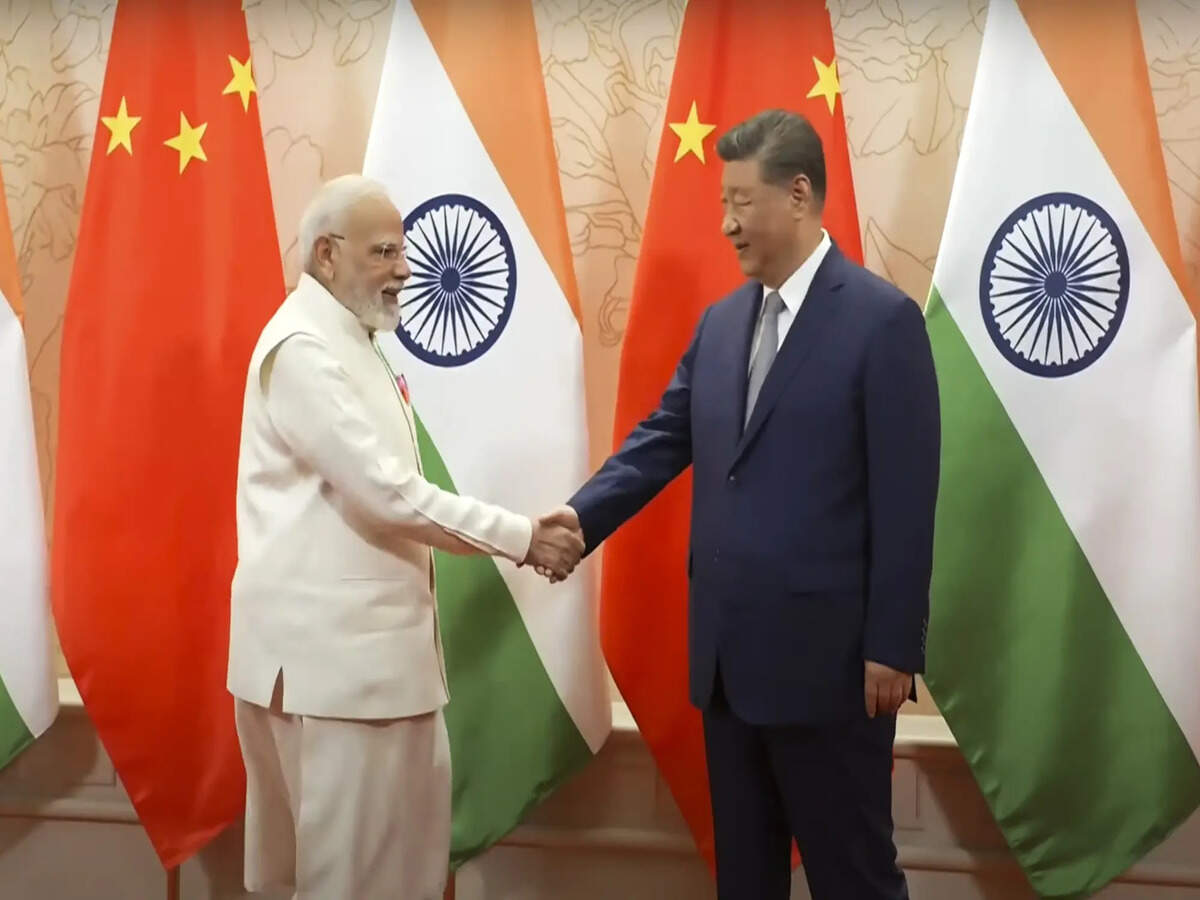In a significant development in Nigeria’s political landscape, former President Goodluck Jonathan has reportedly decided against contesting the 2027 presidential election, a decision that has sent ripples through the African Democratic Congress (ADC) and the broader political sphere. Sources close to Jonathan and senior figures within the ADC have confirmed that the former president, after careful deliberation, has opted to step back from the race, citing a combination of strategic, political, and personal considerations. This move not only reshapes the ADC’s plans for the 2027 elections but also has broader implications for Nigeria’s political dynamics as the country approaches another pivotal electoral cycle.
Background on Jonathan’s Political Journey
Goodluck Jonathan, Nigeria’s president from 2010 to 2015, remains a towering figure in the nation’s political history. His presidency, marked by efforts to stabilize Nigeria’s economy and address security challenges, also faced criticism over issues such as corruption allegations and the handling of the Boko Haram insurgency. Despite losing the 2015 presidential election to Muhammadu Buhari of the All Progressives Congress (APC), Jonathan earned widespread respect for his statesmanlike decision to concede defeat, a rare act in African politics that helped ensure a peaceful transition of power.
Since leaving office, Jonathan has maintained a relatively low political profile, focusing on international diplomacy and peacebuilding initiatives through his Goodluck Jonathan Foundation. However, his name has frequently surfaced in discussions about potential candidates for future elections, given his experience, national recognition, and appeal as a unifying figure from the South-South region of Nigeria. The ADC, a smaller but ambitious political party, had been eyeing Jonathan as a potential flagbearer for 2027, hoping his candidacy could elevate their electoral prospects and challenge the dominance of Nigeria’s two major parties, the APC and the Peoples Democratic Party (PDP).
Reasons Behind Jonathan’s Decision
According to sources familiar with the ongoing discussions within Jonathan’s inner circle, the former president’s decision to opt out of the 2027 race stems from a careful assessment of the political landscape and his own strategic concerns. One of the primary factors influencing his decision is his apprehension about the lingering influence of certain individuals within the PDP, the party under which he served as president. These individuals, reportedly “with strong ties to the Villa” (a reference to the seat of power in Aso Rock, Nigeria’s presidential residence), are perceived as potential obstacles to Jonathan’s ambitions should he seek the PDP’s presidential ticket.
The source, who spoke to reporters on condition of anonymity, revealed that Jonathan fears these influential figures could undermine his candidacy through internal party machinations. The PDP, despite being the platform that propelled Jonathan to the presidency, has experienced significant internal divisions since his departure. Factionalism, power struggles, and competing interests have plagued the party, creating an environment that Jonathan reportedly views as hostile to his potential return. Rather than navigate these complex dynamics, Jonathan has chosen to avoid the PDP altogether, effectively ruling out a run under its banner.
Another critical factor in Jonathan’s decision is his assessment of the electoral challenges posed by Peter Obi, the former governor of Anambra State and the Labour Party’s presidential candidate in the 2023 election. Obi, who has emerged as a formidable political force, particularly among the Igbo electorate in Nigeria’s South-East region, is seen as a significant obstacle to Jonathan’s prospects. The source disclosed that Jonathan believes Obi’s strong support base, particularly in 2015, surpassed the backing Jonathan received from his own Ijaw ethnic group in the South-South region during his presidency. This perception of Obi’s electoral strength, combined with his growing national appeal, appears to have convinced Jonathan that competing against him in 2027 could be an uphill battle.
Jonathan’s concerns about Obi are not unfounded. In the 2023 election, Obi’s candidacy galvanized a broad coalition of young voters, urban professionals, and the Igbo community, leading to a strong showing that disrupted the traditional dominance of the APC and PDP. His ability to mobilize grassroots support through social media and his message of economic reform and good governance has made him a formidable contender for future elections. For Jonathan, the prospect of facing Obi in a competitive race, particularly in the South, likely factored into his decision to step back.
Impact on the ADC’s Strategy
Jonathan’s decision has significant implications for the African Democratic Congress, which had been banking on his candidacy to boost its profile and electoral chances in 2027. The ADC, while not as dominant as the APC or PDP, has been working to establish itself as a credible alternative for Nigerians disillusioned with the two major parties. Senior figures within the ADC believed that Jonathan’s experience, national recognition, and reputation as a unifying figure could attract voters across regional and ethnic lines, giving the party a competitive edge.
The source within the ADC revealed that the party had been prepared to adjust its zoning formula for the 2027 presidential ticket to accommodate Jonathan. Zoning, a long-standing practice in Nigerian politics, involves allocating key political positions to specific regions of the country to ensure ethnic and regional balance. Had Jonathan chosen to run under the ADC’s banner, the party was ready to zone its presidential ticket to the South, a move that would align with Jonathan’s South-South origins. However, with Jonathan opting out, the ADC is now forced to reconsider its strategy.
“If he chooses our party, we will zone the presidency to the South. If he does not come to us, we will have no option but to shift to the North because politics is about numbers and winning,” the source stated. This statement underscores the pragmatic approach the ADC is taking as it navigates Nigeria’s complex political terrain. The party recognizes that electoral success depends on strategic calculations, including regional representation and voter demographics. By shifting its focus to the North, the ADC aims to tap into the region’s large voting population, which has historically played a decisive role in Nigerian elections.
Broader Implications for 2027
Jonathan’s decision to step back from the 2027 race is likely to have far-reaching consequences for Nigeria’s political landscape. For one, it opens up the field for other candidates, both within the ADC and in other parties. The ADC, now tasked with finding an alternative flagbearer, will need to identify a candidate with sufficient name recognition and political clout to compete against the APC, PDP, and potentially the Labour Party. This could lead to a search for other high-profile figures or a focus on emerging leaders who can appeal to a broad cross-section of Nigerian voters.
Moreover, Jonathan’s withdrawal could influence the PDP’s internal dynamics. His decision not to pursue the party’s ticket may embolden other contenders within the PDP, particularly those who have been positioning themselves for the 2027 race. Figures such as Atiku Abubakar, the PDP’s 2023 presidential candidate, and other regional powerhouses may see an opportunity to consolidate their influence within the party. However, the same internal divisions and power struggles that deterred Jonathan could complicate the PDP’s ability to present a united front in the upcoming election.
The Labour Party, buoyed by Peter Obi’s strong showing in 2023, stands to benefit from Jonathan’s absence from the race. Without Jonathan as a competitor, Obi’s path to consolidating his support in the South and expanding his appeal in other regions becomes less complicated. However, Obi will still face challenges, including the need to maintain his coalition of supporters and navigate the financial and logistical demands of a national campaign.
For the APC, Jonathan’s decision may be seen as a mixed blessing. While it removes a potentially strong contender from the race, it also underscores the fluidity of Nigeria’s political landscape as smaller parties like the ADC seek to challenge the status quo. The ruling party will need to carefully strategize to maintain its dominance, particularly in light of growing public dissatisfaction with governance issues such as economic hardship, insecurity, and infrastructure deficits.
Jonathan’s Legacy and Future Role
While Jonathan has chosen not to run in 2027, his influence in Nigerian politics is far from over. As a former president and a respected elder statesman, he continues to wield significant soft power through his diplomatic engagements and peacebuilding efforts. His Goodluck Jonathan Foundation has been active in promoting democracy, conflict resolution, and youth empowerment across Africa, earning him recognition as a global advocate for good governance.
In Nigeria, Jonathan’s decision to step back may be seen as a strategic retreat rather than a complete withdrawal from politics. By avoiding the 2027 race, he preserves his legacy as a unifying figure who prioritizes national stability over personal ambition. This move could position him as a kingmaker in the upcoming election, with the potential to influence the choice of candidates or mediate between competing factions.
Furthermore, Jonathan’s concerns about the PDP’s internal dynamics and the electoral strength of figures like Peter Obi reflect his keen understanding of Nigeria’s evolving political landscape. His decision to step back suggests a pragmatic approach to politics, one that prioritizes long-term impact over short-term gains. Whether he chooses to endorse a candidate or remain neutral, Jonathan’s voice will likely carry weight in shaping the discourse around the 2027 election.
Challenges for the ADC
For the ADC, Jonathan’s withdrawal poses both a challenge and an opportunity. The party must now pivot to identify a new standard-bearer who can carry its message and compete in a crowded field. This will require careful consideration of regional dynamics, voter preferences, and the party’s ideological positioning. The ADC has positioned itself as a progressive alternative to the APC and PDP, emphasizing good governance, inclusivity, and economic reform. Finding a candidate who embodies these values while also commanding national appeal will be critical to the party’s success.
The ADC’s decision to consider shifting its zoning formula to the North also reflects the realities of Nigerian politics, where regional balance is a key factor in electoral success. The North, with its large population and significant voting power, has historically played a decisive role in determining the outcome of presidential elections. By focusing on a northern candidate, the ADC hopes to maximize its chances of building a broad-based coalition capable of challenging the major parties.
However, the ADC faces an uphill battle. As a smaller party, it lacks the financial resources, grassroots structures, and entrenched political networks of the APC and PDP. To succeed, the ADC will need to invest in building a robust campaign infrastructure, mobilizing voters, and crafting a compelling narrative that resonates with Nigerians across regions and demographics.
Conclusion
Former President Goodluck Jonathan’s decision to opt out of the 2027 presidential election marks a pivotal moment in Nigeria’s political journey. His withdrawal, driven by concerns about internal PDP dynamics and the electoral strength of competitors like Peter Obi, reflects a strategic calculation aimed at preserving his legacy and avoiding a potentially divisive contest. For the African Democratic Congress, Jonathan’s decision necessitates a rethinking of its strategy, including its zoning formula and choice of candidate.
As Nigeria approaches the 2027 election, the political landscape remains fluid, with new alliances, candidates, and dynamics likely to emerge. Jonathan’s absence from the race opens up opportunities for other contenders, while also highlighting the challenges of navigating Nigeria’s complex political terrain. Whether through his continued influence as a statesman or his potential role as a kingmaker, Jonathan’s legacy will undoubtedly shape the discourse around the upcoming election, even as the ADC and other parties chart a new path forward.


